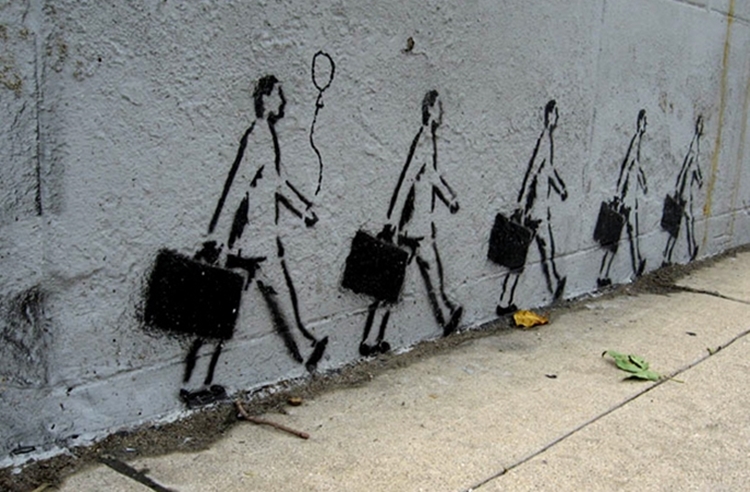
Maintaining Status Quo, Fostering Competition among Platforms Would Better Serve Platform Workers, Consumers
BY
LFMI / February 15, 2022
The fact that individuals themselves decide to engage in platform work suggests that they regard some conditions of platform work, such as remuneration and flexible timetables, as more advantageous, and thus more attractive.





![Digital Market Act: Competition, Property, Innovation, User Interests [PUBLICATION] Digital Market Act: Competition, Property, Innovation, User Interests [PUBLICATION]](https://4liberty.eu/phidroav/2022/02/christopher-burns-Kj2SaNHG-hg-unsplash-digital.jpg)






